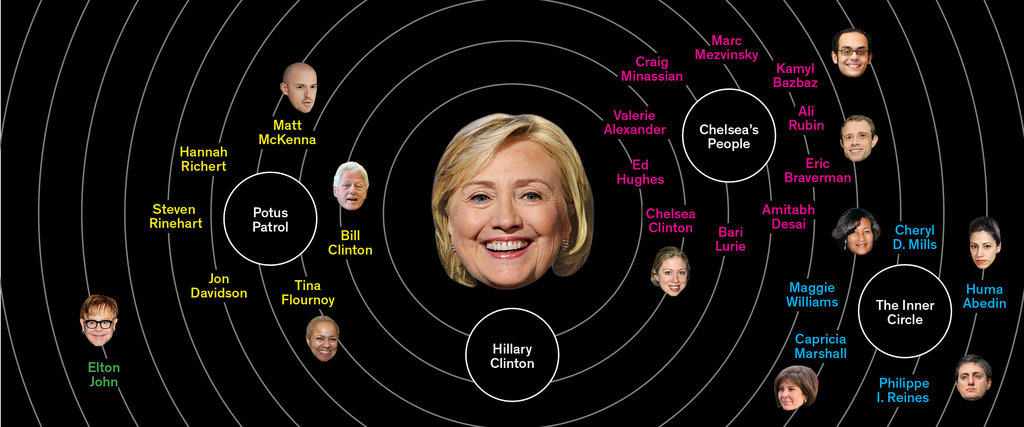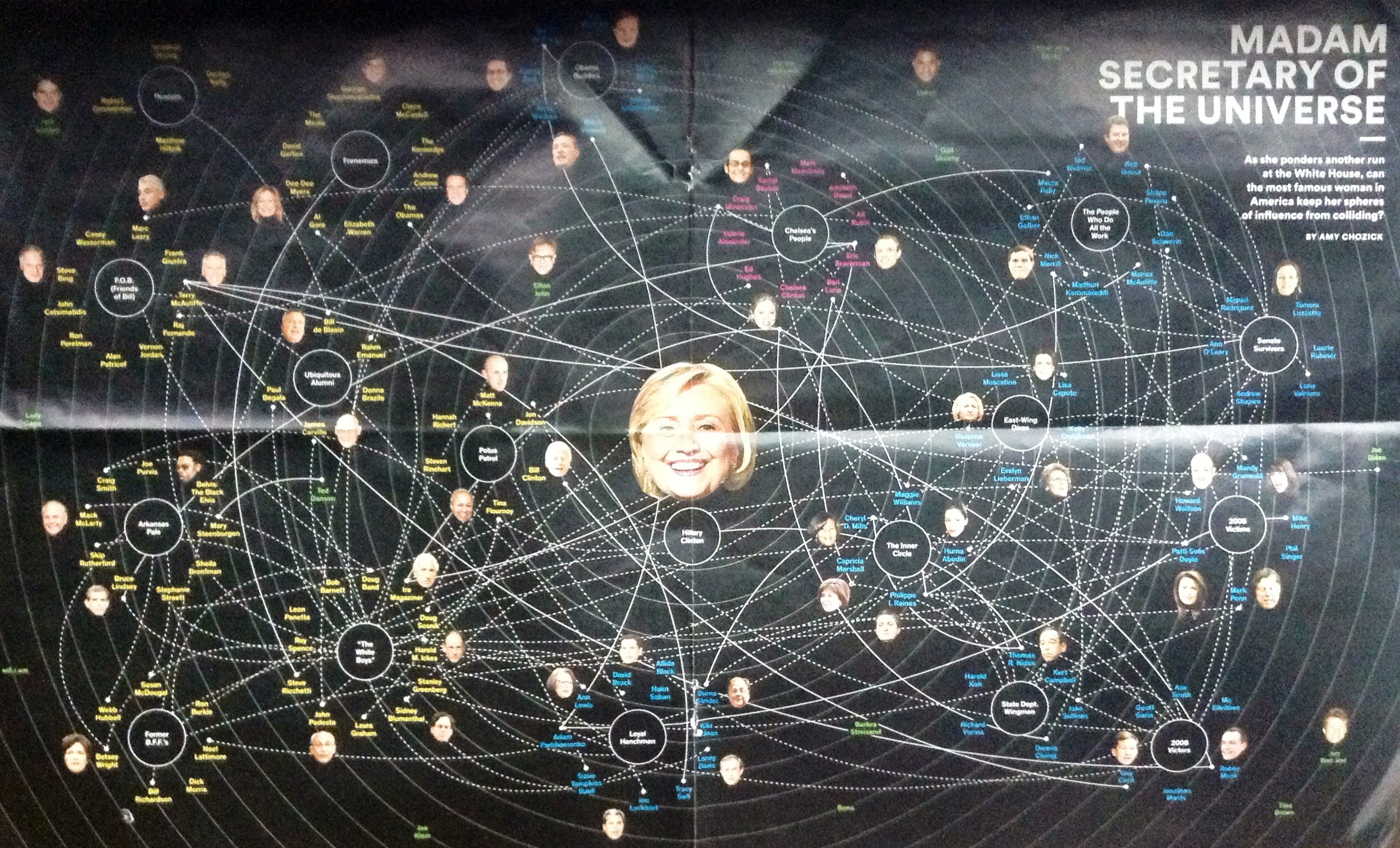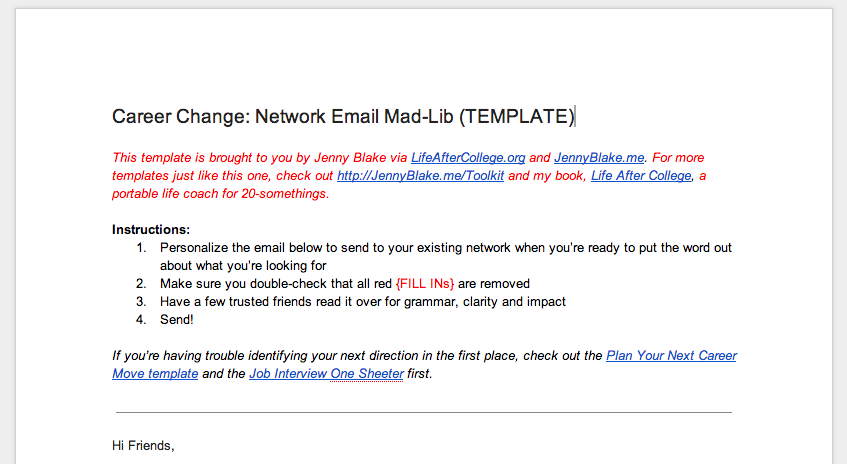Written by Anna Davda
“Your work is going to fill a large part of your life, and the only way to be truly satisfied is to do what you believe is great work. And the only way to do great work is to love what you do. If you haven’t found it yet, keep looking. Don’t settle. As with all matters of the heart, you’ll know when you find it.” —Steve Jobs
Most of us work 40 hours a week, and it's fair to say that some of us even work more than that. Further, when we're not working, we’re often thinking about work, or talking about work. With all this time spent on work, it becomes a big part of our identities. So, it’s especially sad to read statistics that up to 80% of people are dissatisfied with their work.
I’ve seen the discussions on this topic fall into 3 categories: idealistic, “how not to lose,” and resigned. Each is problematic.
The idealists continue to perpetuate the notion that we each have a “true calling”—all we have to do is find it. Sounds so easy, doesn’t it? Just find it! Unfortunately, this leaves most of us doggedly searching for something that we can’t control—if it even exists at all. In the meantime, we put tons of pressure on ourselves and make ourselves miserable in the process.
“How not to lose” focuses on what not to do (e.g. don’t focus just on the money). This is somewhat useful, but not enough to get us to where we need to be. Imagine if you tried to learn how to play a sport by only being told how not to lose, rather than how to win.
The resigned seem to have forfeited the game, believing that maybe work doesn’t have to be fulfilling at all. It’s just a means to an end, and life truly begins after 5pm on weekdays.
I’d like to offer my own approach—try bringing intention to your life and your career. Intention can help you make progress—whether you are looking for a job, are in a job you don’t like, or are in a job you do like but are not progressing at a rate you’d like to.
4 Steps To Become More Intentional In Your Career
1. Reflect.
First, find time to reflect. Reflection time should be time set aside, away from your phone, away from others, and preferably somewhere outside of your normal routine.
During this time, assess your values. What’s truly important to you? Is it family, financial success, time to pursue hobbies, helping others? You can find a list of values to consider here. Pick about five that are the most important to you, and rank them in order of importance. This will really help you for the inevitable point in your career where you’ll have to make a difficult choice that pits one value against another.
Now, think about your daily life. How much time do you actually spend on activities that reflect these values? Is there anything surprising about what you find? I recently did this exercise and discovered that though I value vision (setting vision and strategy, personally and professionally), I was doing very little of this at work because of my other responsibilities.
2. Act.
Talk with a trusted colleague, a mentor, a friend or partner, and eventually, your manager. Discussing what you’ve found in your reflection can help your manager understand the ways you want to have impact, and the skills you want to develop. This will allow the two of you to have an honest conversation about what’s possible in your current position. My manager and I had a conversation about my desire to spend more time setting vision and strategy for my team, and found a way to adjust my other responsibilities to make time for this.
3. Remember & Revisit Regularly.
This sounds simple, but it’s far from it. A couple of years ago, I took on a challenging project. I knew the learning curve would be steep and that the project would take long hours and hard work. I intentionally stepped into this project after considering my values, and noting that at that point in time, my value for challenge and learning was exceeding my value of work-life balance. After revisiting my values, I realized I was willing to give a little on work-life balance to get more challenge and learning.
4. Reassess periodically.
Reflection is not something you do only once. Set a regular schedule—at least once a year, or a few times a year is even better. A few months into the project I described above, I found myself getting frustrated when I worked late, almost resenting the project. I sat down to reflect, and realized that my values were still the same, and if I weren’t working late, I would have wanted to spend those extra hours learning and challenging myself somehow anyway. I immediately felt better, but it took reflection for me to realize that I was, in fact, exactly where I wanted to be at that moment.
My passion for intention is what drove me and two colleagues from Google to create our own business around helping others bring intention to their career. We coined our own word for the business: Intentify. To us, Intentify is a verb meaning ‘to bring intention to, to make or become intentional’.
I'd love to hear from you in the comments: What will you do next to Intentify your career?
About Anna Davda
Anna Davda is a Leadership & Diversity Learning Programs Manager at Google, and co-founder of Intentify. In addition to her passion for being intentional, she’s passionate about running, yoga, meditation, travel, and serving her community.





 Jenny Blake is the author of
Jenny Blake is the author of  Written by
Written by 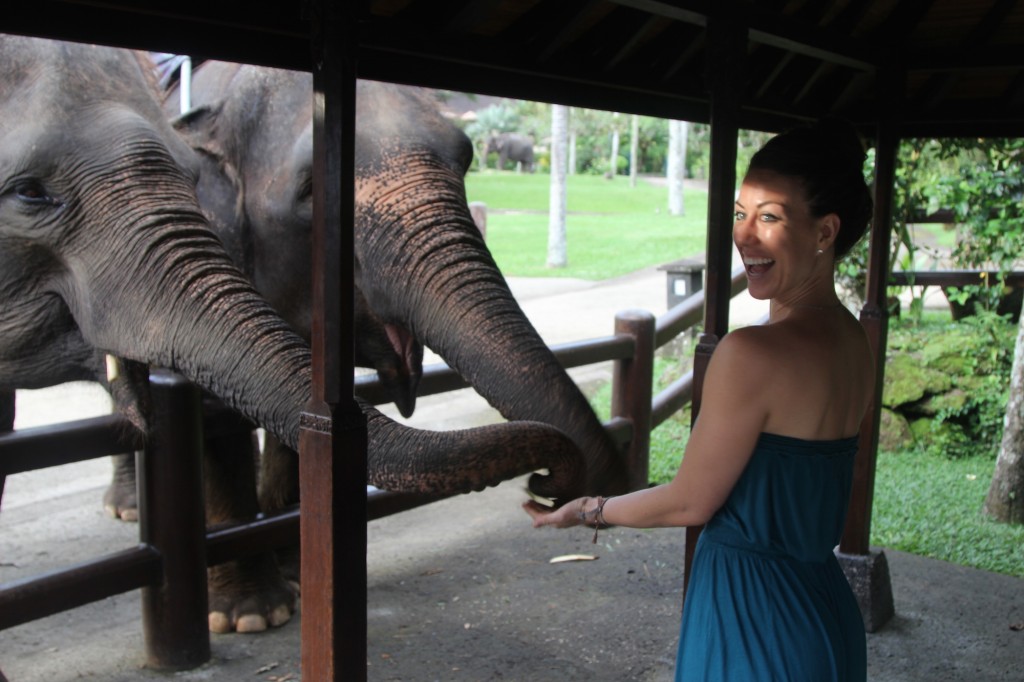 Written by
Written by  Written by
Written by  Jenny Blake is the bestselling author of
Jenny Blake is the bestselling author of 


 One project I'm thrilled to be working on (with an incredible team) is a new app for people who describe themselves as "meditation curious" — you've heard about the many benefits of meditation, but aren't quite sure how to start.
One project I'm thrilled to be working on (with an incredible team) is a new app for people who describe themselves as "meditation curious" — you've heard about the many benefits of meditation, but aren't quite sure how to start.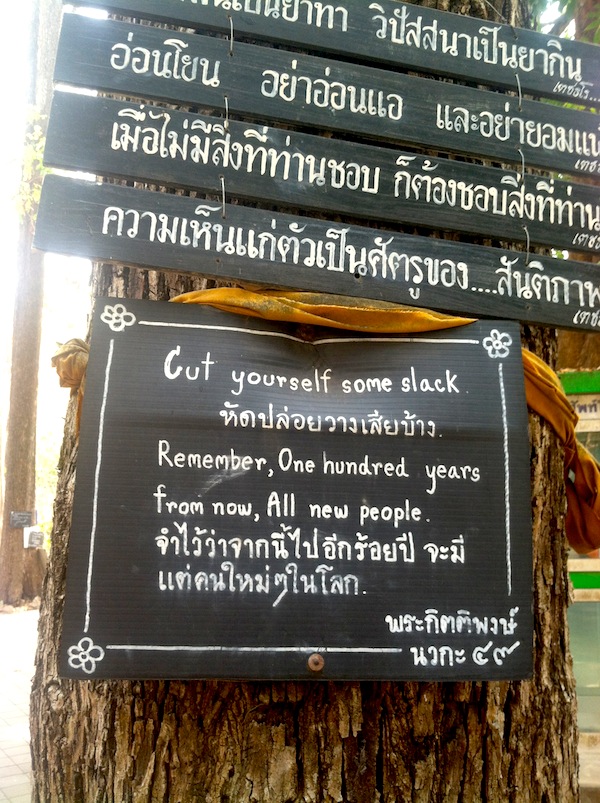

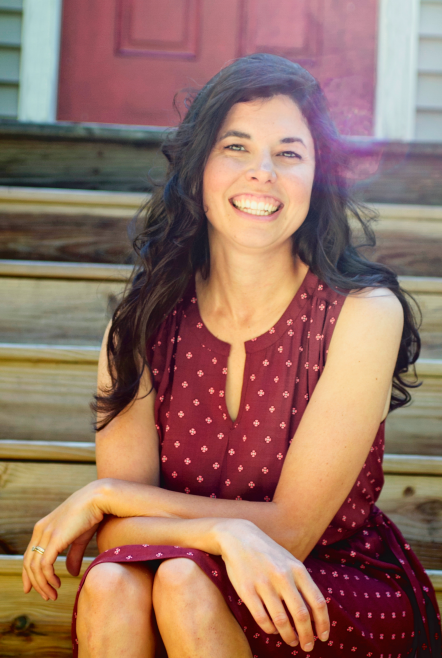
 Jenny Blake is a bestselling author of
Jenny Blake is a bestselling author of 